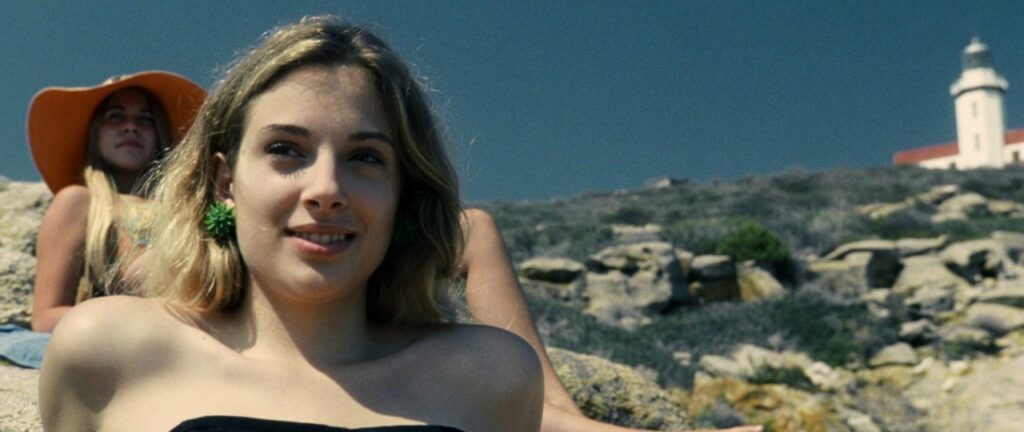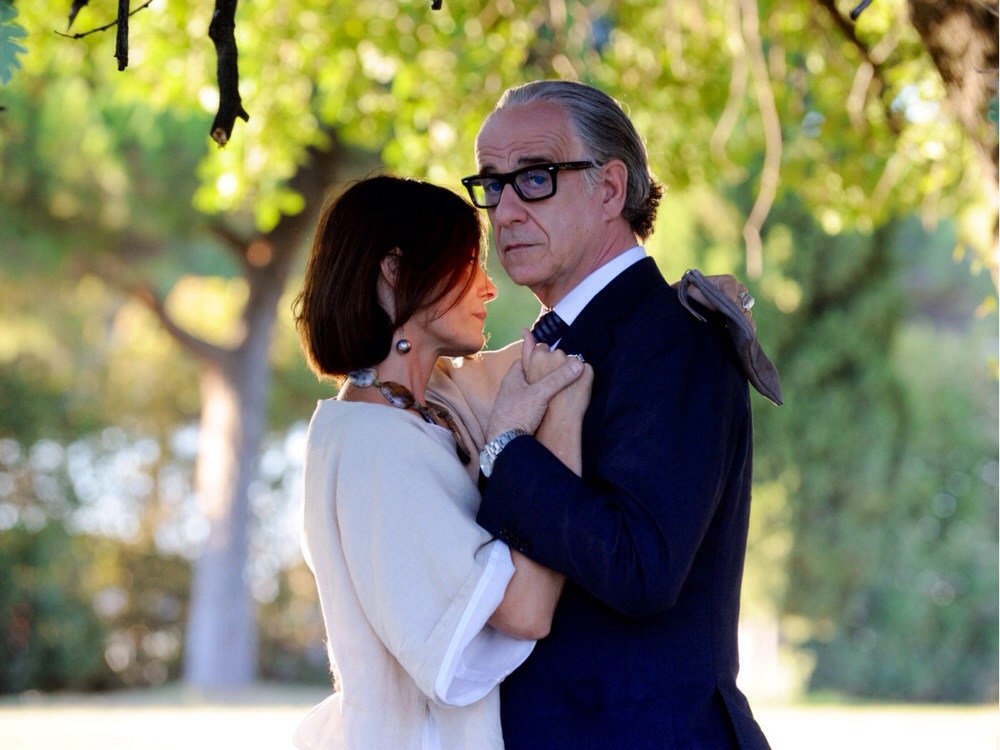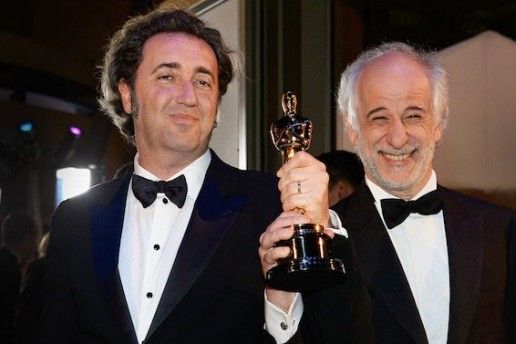Paolo Sorrentino’s “The Great Beauty” has all the elements of a great film. This philosophical, meditative, satirical, and magnificent film engages viewers till the end. Each scene in the film has significance and something extraordinary to offer. It not only showcases the shallow urban life in modern Rome but also tries to find out the soul underneath it. Sorrentino’s endeavors for soul searching are reflected through this utterly beautiful film “The Great Beauty”.
Sorrentino’s “The Great Beauty” always tries to look into the life and its meaning. Without meaning, it is void, frustrating, and unbearable. The film starts with a party, which happens to be the 65th birthday party of Jep Gambardella (Toni Servillo). Jep is a socialite, celebrity journalist, and the main protagonist of the film based out of Rome. He is also a novelist but wrote his first novel “The Human Apparatus” long back in his youth. As he is unable to find the beauty of life, he has not written any novel since then. He is well-connected with the elite society of Rome and is the central figure in almost all the parties.

Jep is so familiar with the city of Rome that his birthday is announced as the birthday of Rome as if he is synonymous with Rome. After coming here in his early twenties, he has seen enough of Rome. From a mere newcomer, today he is the King of all the major elite parties. However, somewhere beneath his heart, he realizes the emptiness of his life. His life seems to be meaningless. He is surrounded by a group of elite friends. Romano (Carlo Verdone) is a playwright and loves a lady but she does not reciprocate. Lello, who is a toy merchant, speaks but without much substance. Viola (Pamela Villoresi) is a wealthy woman and a perfect representative of the so-called bourgeois class in Rome. Stefania (Galatea Ranzi) is a pretentious writer and Dadina, who is a dwarf, is the editor of the magazine where Jep works.
One day Jep meets Elisa’s husband, who informs him about Elisa’s passing away. Elisa was his first and only love. This news makes Jep heartbroken and nostalgic. Her husband reveals that she mentioned Jep as her only love interest and him as a mere good companion in her diary. However, he soon finds a new girlfriend and starts his life anew. Jep greets the couple with a gentle smile. His memories reach out to his childhood home and the seashore where he used to meet Elisa and had the sweetest part of his life. Jep starts considering writing his second novel.

Jep begins a romantic relationship with Ramona (Sabrina Ferilli), who is his friend’s daughter. They enjoy each other’s company but soon Ramona dies of an incurable disease. Jep’s social circle in Rome starts getting smaller. Romano loses interest in Rome and leaves bidding farewell only to Jep. Viola’s mentally disordered son Andrea dies due to an accident, which causes her to leave everything for charity and settle down in Africa. Stefania leaves Jep’s social circle because of his insult to her at a party. Jep slowly begins to grow a distaste for Rome as he gets more and more nostalgic for his adolescence love and cherished boyhood.
Dadina arranges a meeting with Jep and a Catholic saint, who looks like Mother Teressa and works in the developing nations. The saint holds deep religious values and transmits the same through her followers. She clarifies that she eats only root because that is the most important thing. The saint’s values match with the ideologies that Jep is looking for. He visits Giglio island and reminisces about his romantic past life with Elisa. Now he has the inspiration and enthusiasm to start writing his second novel.

Sorrentino traverses life as far as possible through his masterly woven film “The Great Beauty”. The objective of life does not get realized through materialistic achievements. Money and wealth may not necessarily bring happiness. Jep is living a king-size life still he is devoid of divine peace. His friend circle includes the most elite society of Rome still, he reminisces about his past life with Elisa. Heartless life does not bring happiness. Rome has “The Great Beauty”, but it is decaying so as it’s empty elite society.
Jep always tries to find out the beauty not only in Rome but also in real life. A person possesses creativity only when he is enlightened by the beautiful aspects of life. Materials, lifestyles, and comforts may apparently look beautiful for a short span of time but those may not necessarily bring happiness, peace, and beauty to the soul and life. Sorrentino’s “The Great Beauty” is always in search of real beauty and happiness in one’s life amidst the flimsy cover of society.
In spite of having an elite friend circle, Jep’s life is devoid of the real beauty of life and his imaginations reach out to his first and only girlfriend. He desperately embraces the romantic memories of his boyhood. The shallowness of his present life cannot inspire him to start writing his new novel. After his 65th birthday, he realizes that his life is full of a vacuum and he is encircled in a trap, which does not add any worthwhile meaning to his life.

“The Great Beauty” excels in all the aspects of filmmaking. Undoubtedly, it is one of the most beautiful and contemplative films ever made. The screenplay written by Sorrentino himself and Umberto Contarello is tight, complex, and satirical. It is so neatly woven and well thought of that it does not allow the viewers to move throughout its runtime. Sorrentino’s direction is extraordinary. Lele Marchitelli’s haunting music is extremely powerful and praiseworthy. It is efficiently composed with the theme of the film.
The film is the most memorable for Luca Bigazzi’s magnificent cinematography. He takes the viewers on a mesmerizing tour of Rome. Each shot in the film is carefully constructed. Luca captures marvelous views of Rome in the morning, evening, and at late-night parties. There are some beautiful shots of Giglio island as well in the film. Toni Servillo plays the character of Jep brilliantly. The entire cast does justice to their characters. “The Great Beauty” won the Oscar, Golden Globe, and BAFTA awards for Best Foreign Language Film in 2014.
